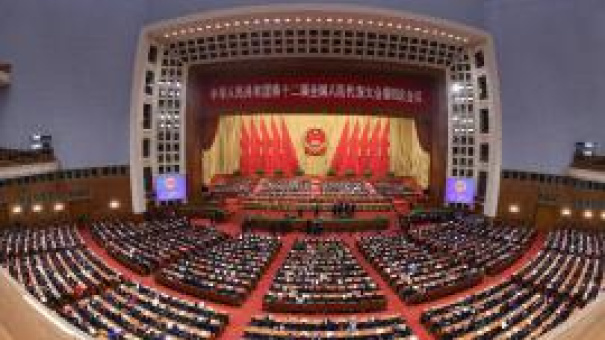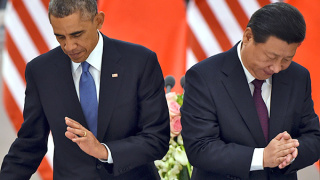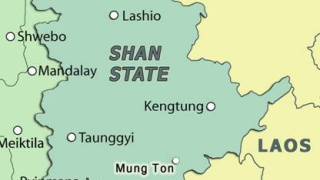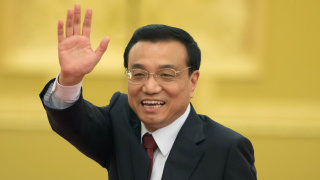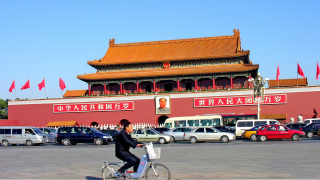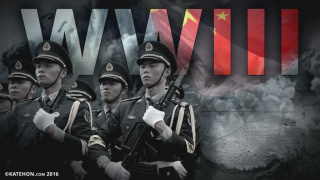President Trump’s brief inaugural speech was a declaration of war against the entirety of the American Ruling Establishment. All of it.
Trump made...
Over 100,000 people from across the country gathered at the Tian'anmen Square to watch the national flag-raising ceremony on the morning of Oct. 1,...
Testing of a fundamentally new security system in China was successfully ended. Both academic institutions and military establishments were involved...
The report of the U.S.-China Economic and Security Review, which was going to be submitted in November, has become known in press. The content of the...
In Shan State, bordering China to the north, State several rebel groups (in total about 600 people) attacked the positions of the armed forces of...
Reports about President Putin’s impending trip to Vietnam later this week drew fresh attention to this ASEAN member’s foreign policy after his plans...
The Scandal That Shook America
After Kyrgyzstan, Chinese Premier Li Keqiang paid his visit to Kazakhstan, where he met with President Nursultan Nazarbayev.
The parties have agreed...
The China government statistical agency just released economic data showing the poorest GDP growth in almost 30 years for China. The problem goes far...
Before the announcement of Russian President Vladimir Putin's state visit to China, Global Times (GT) reporter Yang Sheng had an exclusive interview...
Modern China a Creation of Wall Street
The global oligarchy has long recognised the importance of the Pacific in strategic and economic planning. In recent years there has been a...
